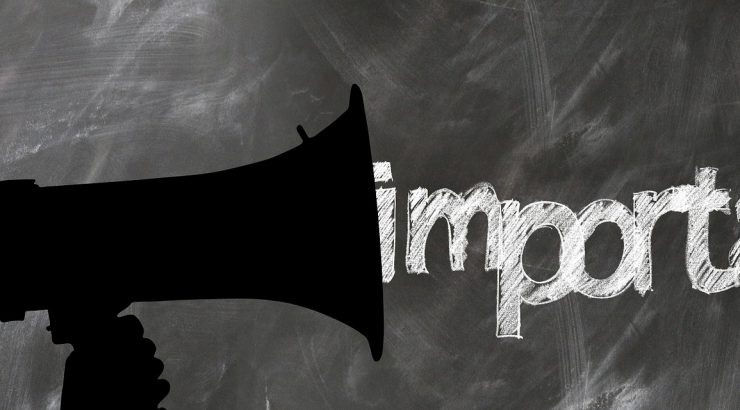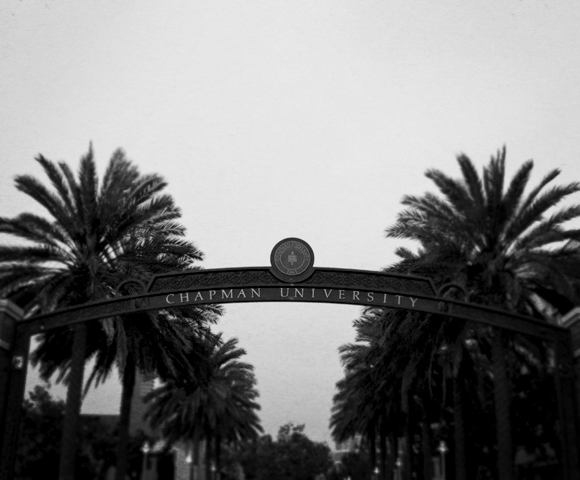Course Evaluations are coming . . . from the Institute for Excellence in Teaching and Learning - www.chapman.edu/IETL
November 7, 2017
It’s soon to be THAT time of year: end of semester course evaluations for our students to complete. Recently, there have been several articles published discussing how course evaluations are used (or misused) in the evaluation of faculty. Betsy Barre at Rice University’s Center for Teaching Excellence does a fantastic job presenting a literature review of the historical course evaluation research, pointing out specifics about the reliability of average evaluation scores in relation to class size and number of responses as well as other valuable research findings.
However, rather than discussing the use of course evaluations as a performance measure, I’d like to talk about what we, as faculty members, can learn from the student feedback on our course evaluations.
Mary Ellen Weimer (2016; see articles hyperlinked below) suggests that course evaluations provide faculty members with the opportunity to reflect thoughtfully on our practice with an eye on improving our teaching – and student learning – in the future. If you’re like me, that is sometimes easier said than done. It’s very hard to separate our ‘teaching selves’ from our personhood – teaching is, more so than many professions, a personal endeavor and, being a teacher, an identity. However, the feedback does provide us with an opportunity to thoughtfully examine our practice, identify concrete behaviors that are successful (and unsuccessful), and address any potential issues of ‘expert blind spot’ (something we talked about at JanCon 2017).
So, as we prepare for this semester’s ritual, I offer some articles for further reading on the subject, all from Faculty Focus, which is available to all faculty in the IETL’s Blackboard Organization, Teaching Resources from the IETL (see menu item for 24/7 Magna Campus). If, after you receive your course evaluations, you’d like to schedule a confidential consultation to discuss the results or explore instructional options that are responsive to the feedback, please contact me at rgmiller@chapman.edu.


